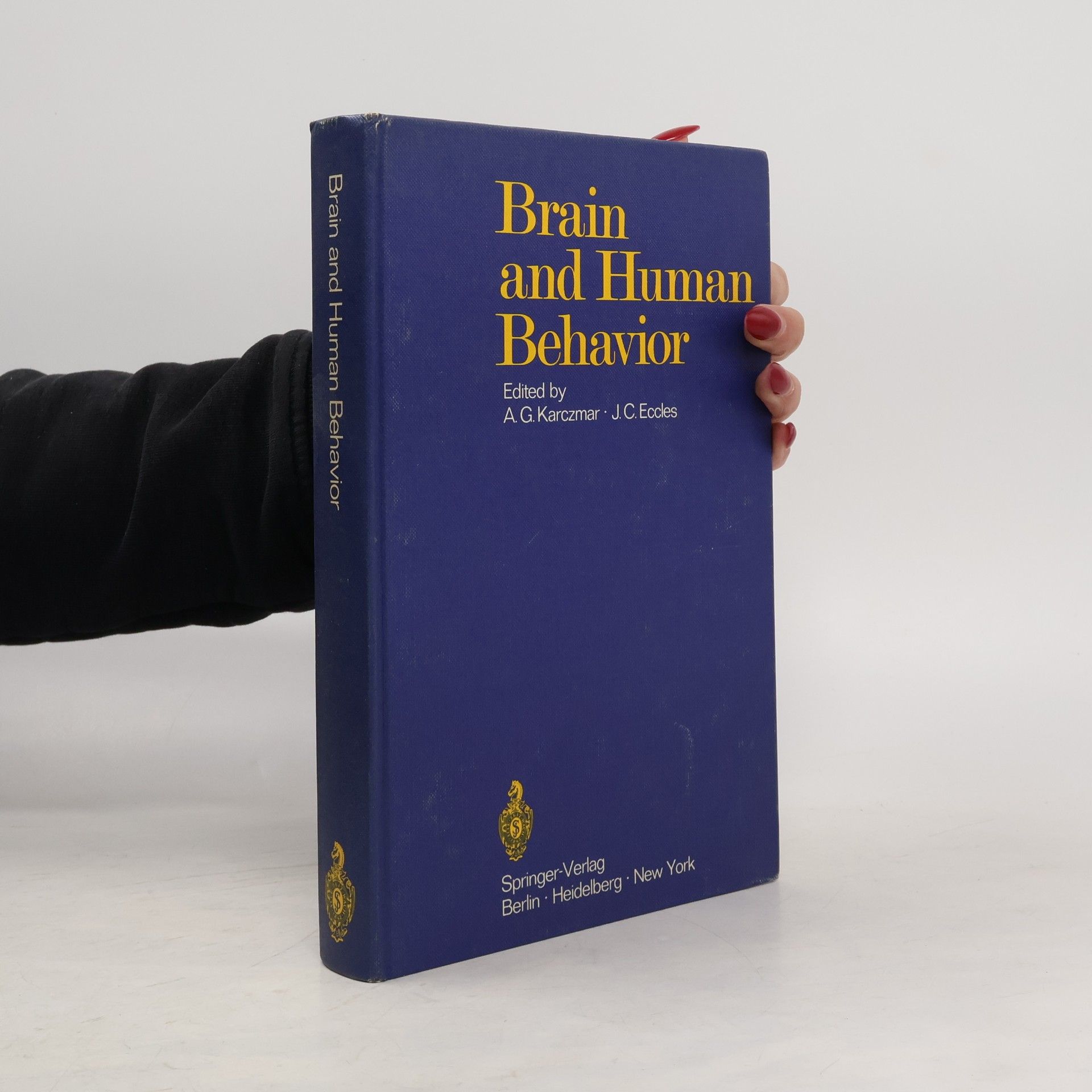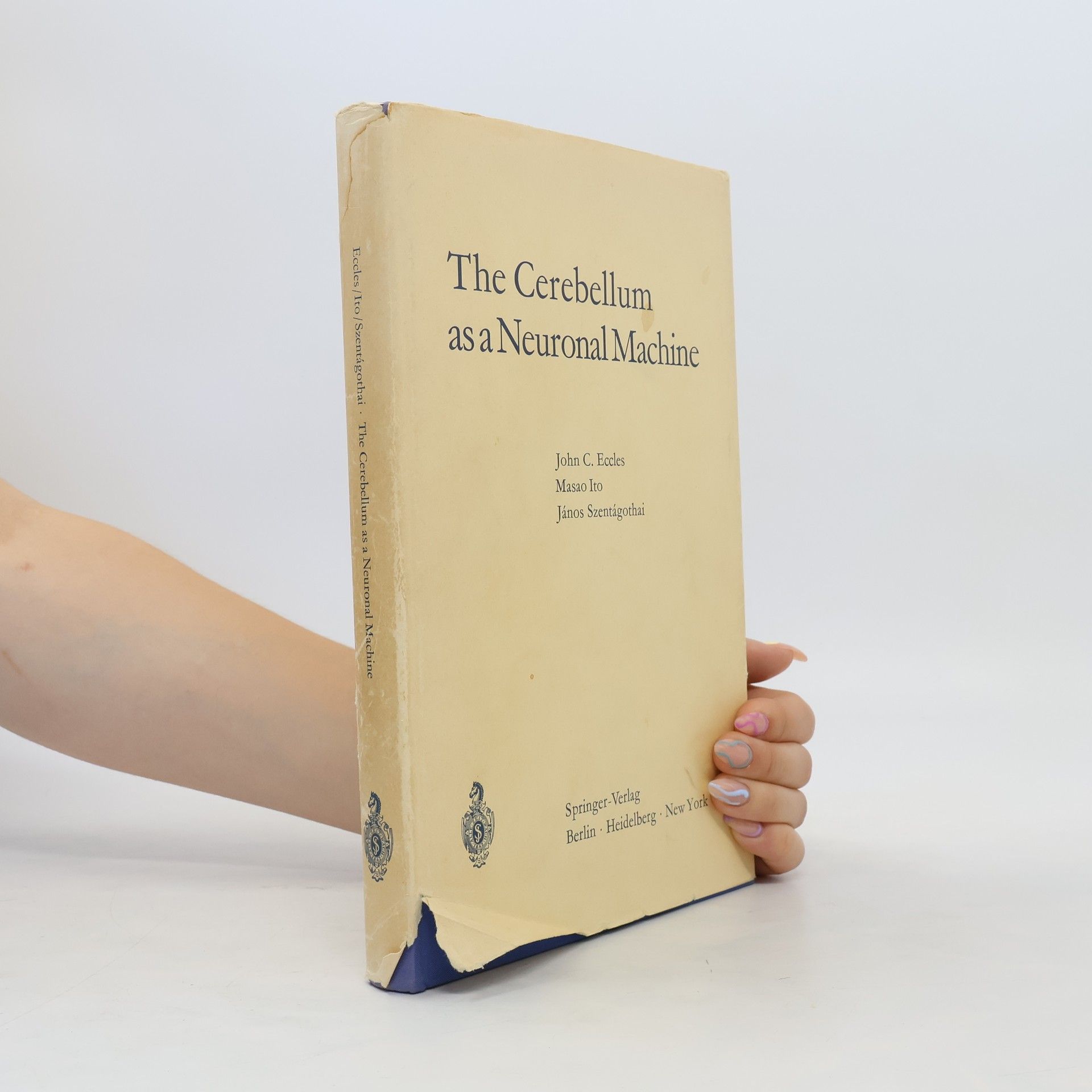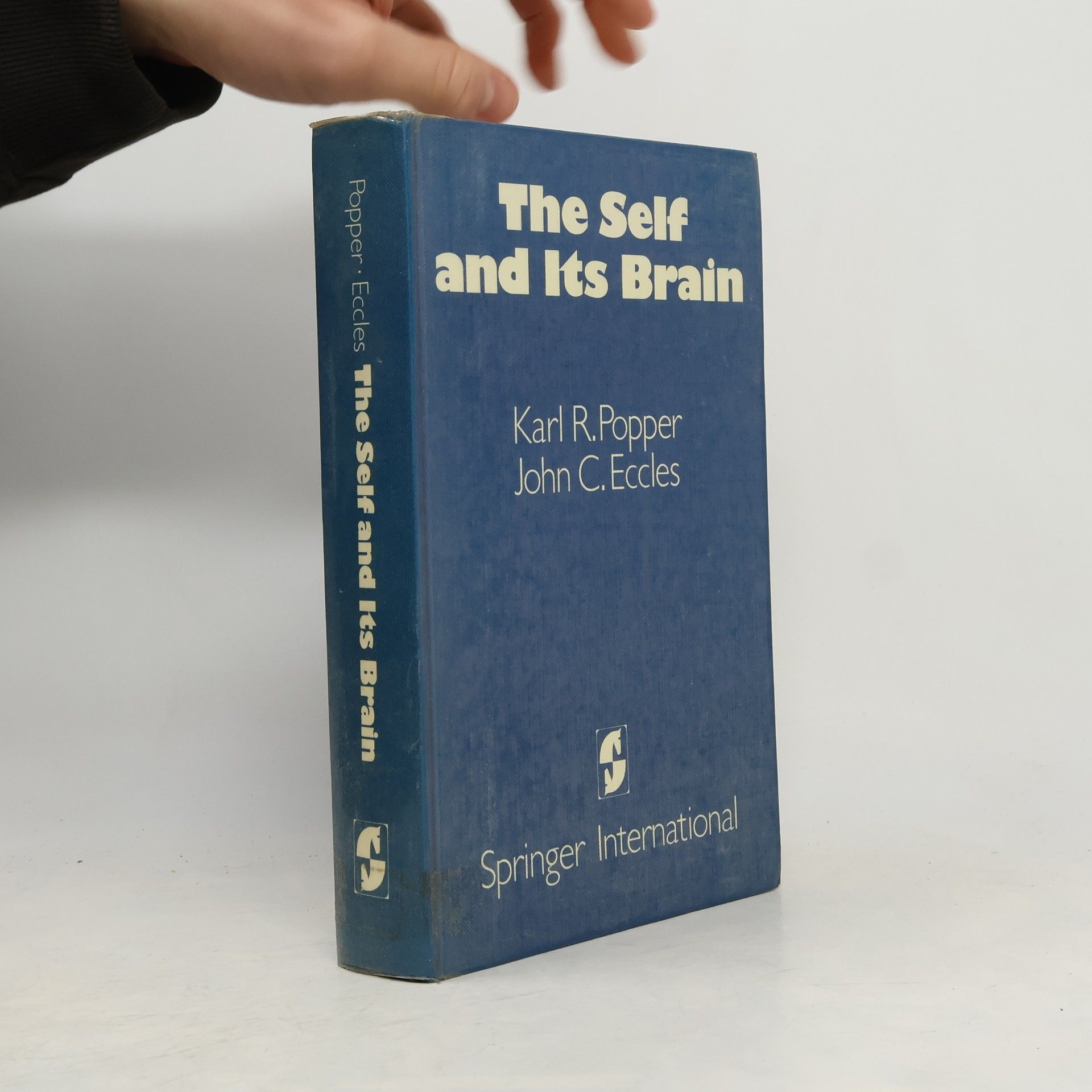Distinguished philosopher Karl Popper and Nobel prize-winning neuroscientist Sir John Eccles argue the case for a highly distinctive view of the relation of mind and body.
John C. Eccles Livres
Sir John Carew Eccles était un neurophysiologiste australien. Ses travaux se sont concentrés sur la synapse, la jonction entre les neurones. Ces recherches lui ont valu un prix Nobel. Ses découvertes ont considérablement fait progresser notre compréhension du fonctionnement du cerveau.






Brain and Human Behavior
- 476pages
- 17 heures de lecture
This volume is based on the Symposium on "The Brain and Human Behavior," held in October of 1969 as a part of the centennial observance of the Loyola Uni versity of Chicago. As President of the University, I was pleased to offer the University's support for the organization of this Symposium and to participate in some of its sessions. The volume which I now have the pleasure to introduce employs the materials of the Symposium as a framework. Its chapters constitute updated and greatly expanded versions of the original presentations, edited and organized so as to constitute an integrated picture of Neurosciences and their epistemological aspects. It seems appropriate for me to describe at this time certain features of this Jesuit University and of its Centennial which are particularly pertinent in the context of the present volume. Loyola University of Chicago opened its classes on September 5, 1870 with a faculty of 4 and a student body of 37. Today, Loyola University is the largest in dependent University in Illinois and the largest institution of higher learning under Catholic sponsorship in the United States of America. The University comprises twelve schools and colleges, a faculty of more than 1,600 and a student body of 16,545. As an institution of learning, this University is dedicated to knowledge; but perhaps more particularly than others, it is dedicated to the integration of truth and the knowledge of man as such.
Under the terms of the endowment by Lord Gifford, the Gifford Lectures have been an annual event in the University of Edin burgh since 1887, and also in three other Scottish universities. According to the will of Lord Gifford they were set up " ... to promote and diffuse the study of Natural Theology in the widest sense of that term - in other words, the knowledge of God." The assignment is for ten lectures, and I delivered them from 20 February, to 13 March, 1978. I chose the theme of the Human Mystery because I believe that it is vitally important to emphasize the great mysteries that confront us when, as scientists, we try to understand the natural world including ourselves. There has been a regrettable tendency of many scientists to claim that science is so powerful and all pervasive that in the not too distant future it will provide an explantation in principle of all phenomena in the world of nature including man, even of human consciousness in all its manifesta tions. When that is accomplished scientific materialism will then be in the position of being an unchallengable dogma accounting for all experience."
Das Gehirn des Menschen
- 303pages
- 11 heures de lecture
Lange Zeit war Evolution Ausdruck von Anpassung, bei der Organismen sich auf neue Lebensumstände einstellten. Dies änderte sich vor rund 1,5 Millionen Jahren mit dem Auftreten des Homo erectus. Mit dieser ersten menschlichen Intelligenz entstand das Handeln nach der Maxime "Macht Euch die Erde untertan", wodurch die Evolution des Menschen sich auf die Weiterentwicklung des Gehirns konzentrierte und die natürliche Umwelt als Maßstab abgelöst wurde. John C. Eccles vertritt den orthodoxen Darwinismus, wonach die Evolution durch natürliche Selektion nicht zufällig, sondern das Ergebnis von Naturgesetzen ist. Dieses Konzept stößt jedoch beim rätselhaften Auftreten des Bewusstseins an Grenzen. Karl Popper beschreibt die physikalistische Welt neben objektivem Wissen und subjektivem Empfinden, was Eccles in seinem Werk thematisiert. Der Nobelpreisträger hat bis ins hohe Alter bedeutende Bücher verfasst, von denen dieses eines der besten und detailliertesten zur menschlichen Evolution ist. Eccles hebt die beeindruckenden Wechselwirkungen zwischen anatomischen und kreativen Fortschritten hervor, wie den aufrechten Gang, der eine Verkleinerung des Beckens und kürzere Schwangerschaften zur Folge hatte, was wiederum die elterliche Fürsorge verbesserte. Ein spannender Aspekt ist, dass der Mensch theoretisch die Rolle der Evolution für sich außer Kraft gesetzt hat und selbst bestimmt, welche Zukunft er auf Erden hat.



